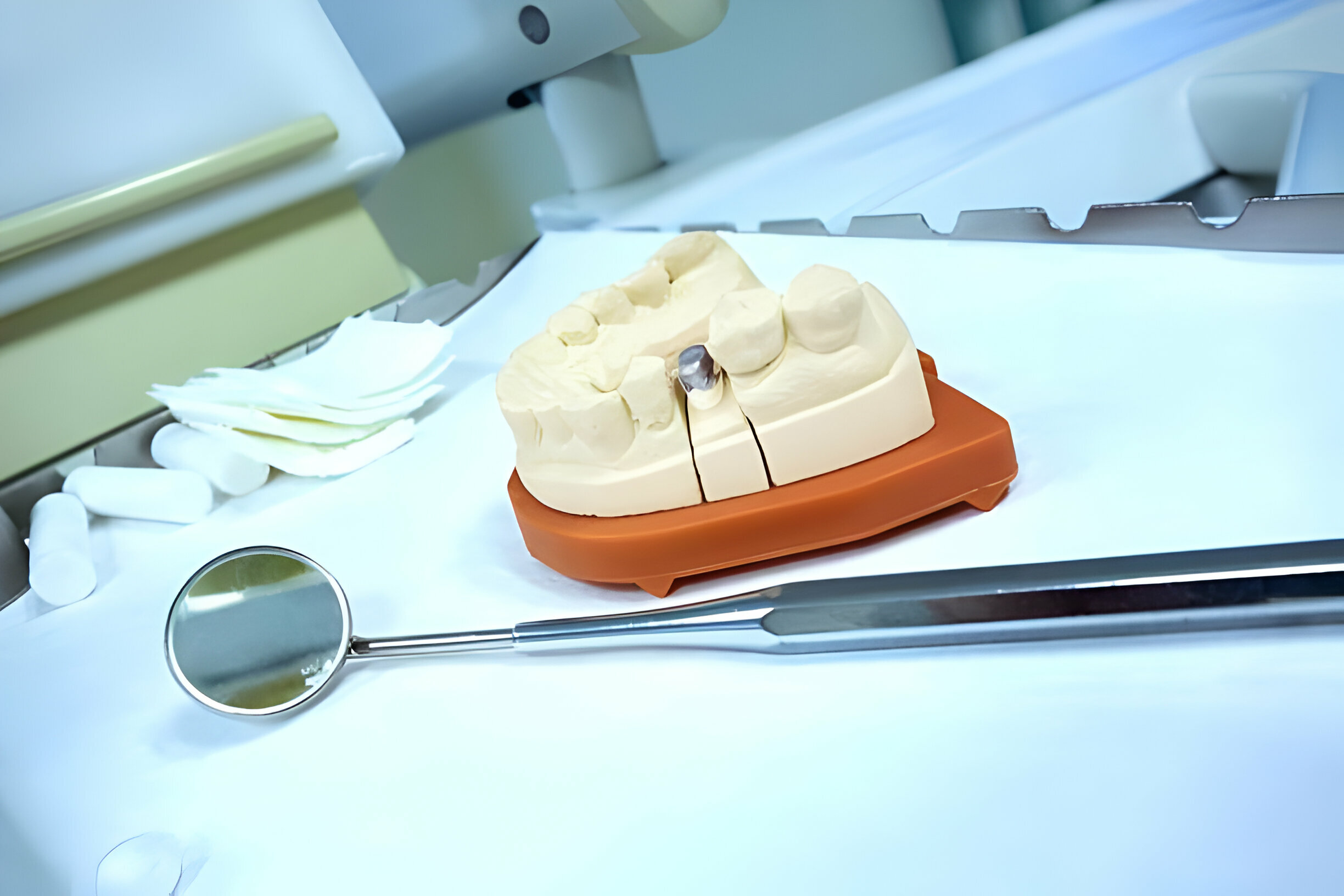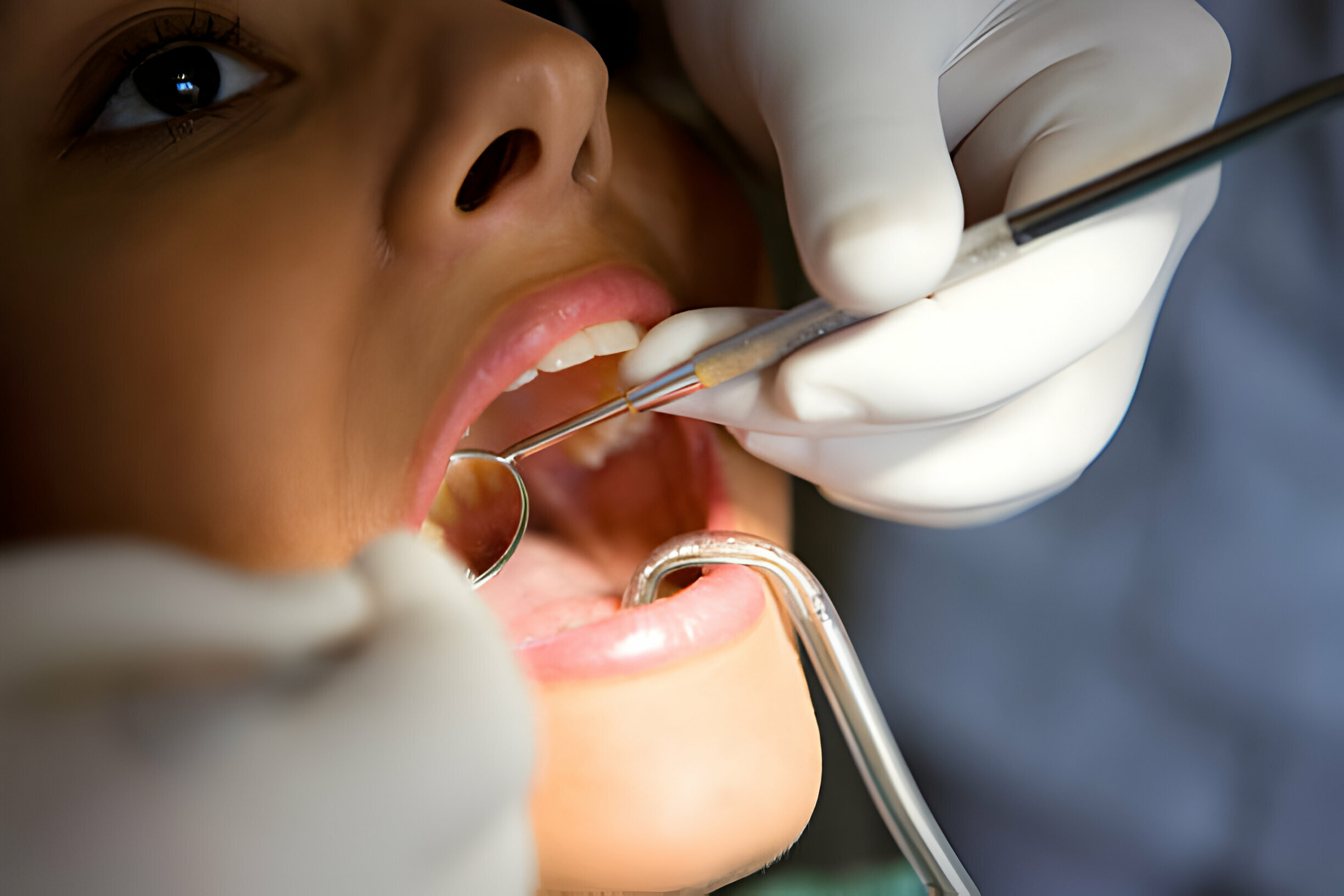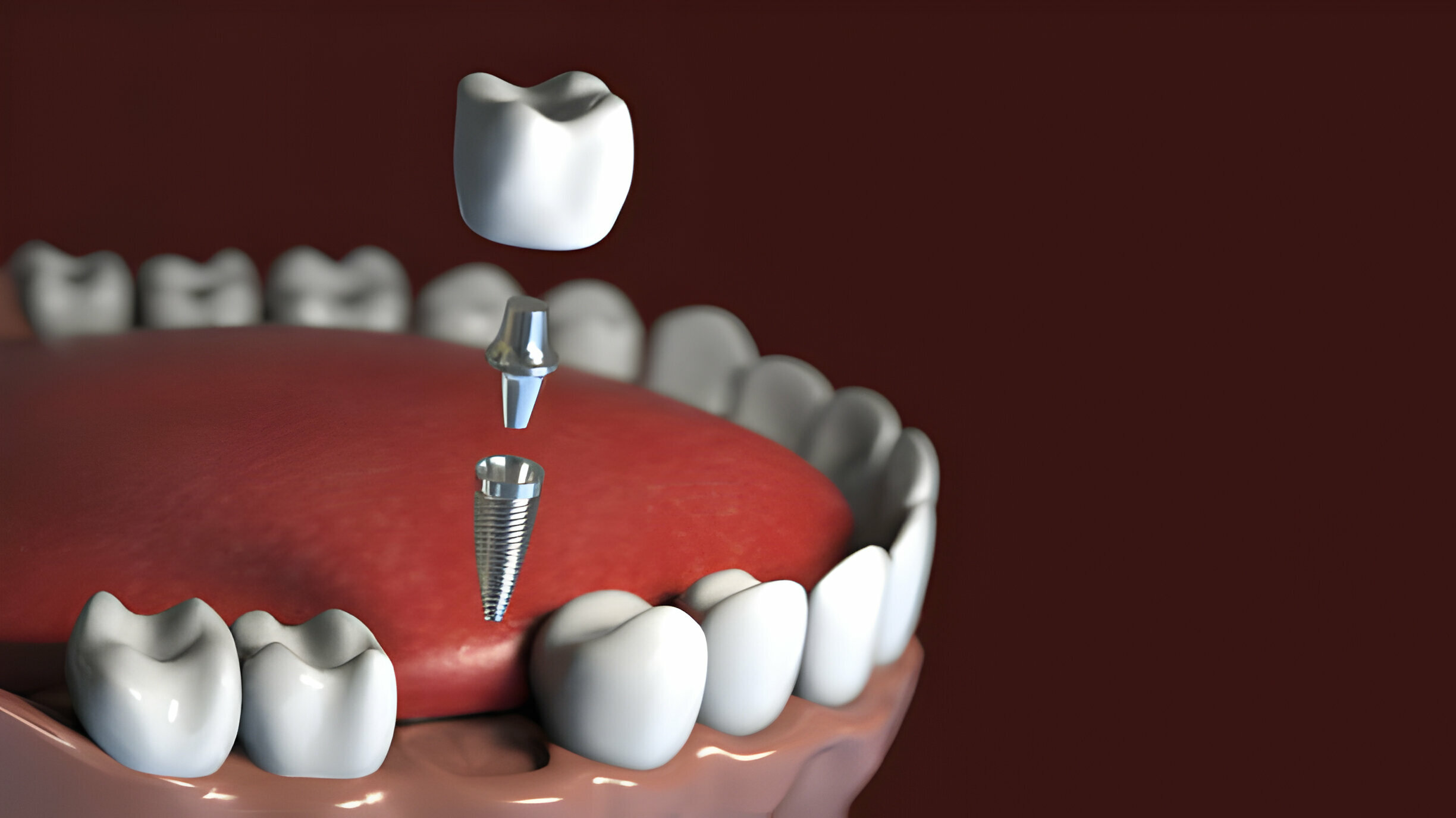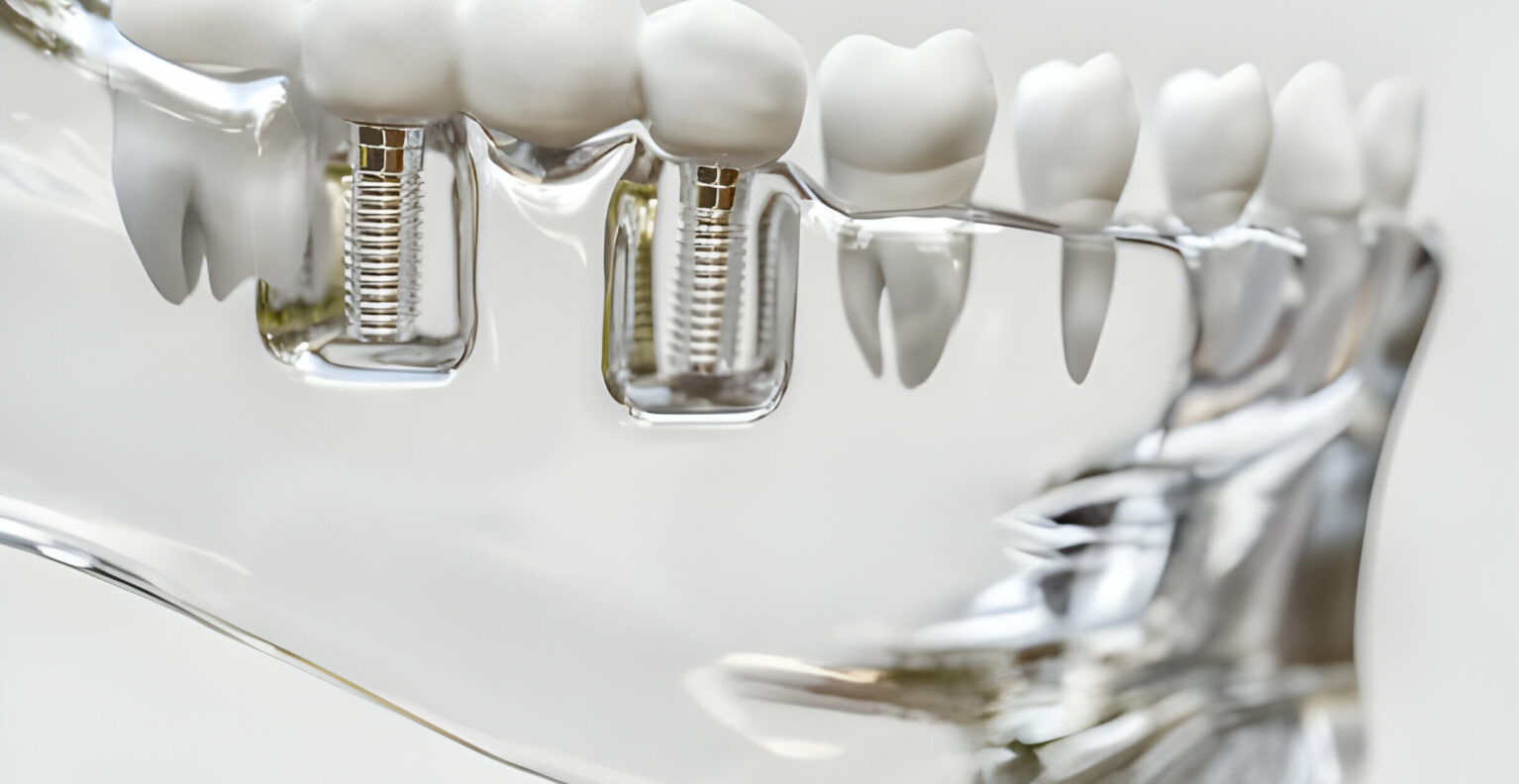Summary:
Have you recently decided to undergo implant treatment?
Congratulations! You’re among the 3 million people who have taken their first step toward a healthier, more beautiful smile.
Dental implants are among the most popular and celebrated advancements in dental technology. However, it may not be an appropriate solution for most individuals.
The market offers several alternative options for replacing lost or missing teeth. From dentures to dental bridges and bone grafting, you can choose any option to renew your oral function and confidence.
 In this blog, we shall discuss some of the common types of tooth replacements through these topics:
In this blog, we shall discuss some of the common types of tooth replacements through these topics:
- Everything About Dental Implants – Explained!
- Understanding Dental Bridges: A Solution For Missing Teeth
- Understanding Dental Dentures And Their Types
- Bone Grafting In Dentistry – What You Need To Know
Continue reading to explore alternative options to dental implants in the following sections.
Everything About Dental Implants – Explained!
Dental implants represent a significant advancement in dental technology. They provide a durable and natural-looking alternative to traditional tooth replacement methods.
These appliances comprise titanium posts surgically placed into the jawbone, serving as artificial tooth roots. Dentists in Texas attach teeth bridges securely to prevent them from loosening in the future.
Here are some of the qualities that can make you a good candidate for dental implants
- Healthy individuals with robust oral health
- Non-Smokers
- Individuals with Missing Teeth
- Individuals who have stable jaw growth
Do you think you’re a unique candidate for dental implants? Let’s examine the benefits of this appliance.
Unique Benefits of Dental Implants
They Can Improve Your Appearance
One of the primary benefits of dental implants is their ability to replicate the appearance and function of natural teeth. The replacement teeth are custom-made to match the surrounding natural teeth’s color, shape, and size, resulting in a seamless and attractive smile.
They Offer Enhanced Functionality
Dental implant dentists in TX fit your appliance securely and firmly in the jawbone. This stability improves chewing ability and speech clarity, enabling individuals to eat their favorite foods and communicate confidently without worrying about denture movement.
 They Are Durable
They Are Durable
With proper care and maintenance, dental implants can last a lifetime. Unlike traditional bridges or dentures that may require replacement every few years, implants are a permanent solution for tooth replacement. This longevity makes them a cost-effective investment in oral health and overall well-being.
They Preserve Your Jawbone
Tooth loss can lead to bone resorption, which causes the jawbone to deteriorate over time. Dental implants help preserve bone density by stimulating the surrounding bone tissue, preventing further bone loss, and maintaining facial structure.
They Are Convenient
Dental implants offer unparalleled convenience compared to other tooth replacement options. Unlike removable dentures that require adhesive creams and nightly removal for cleaning, implants are permanent fixtures in the mouth.
Understanding Dental Bridges: A Solution For Missing Teeth
Dental bridges are a standard dental procedure designed to replace one or more missing teeth. They’re aptly named bridges because they bridge the gap left by missing teeth. A typical bridge consists of one or more artificial teeth, called pontics, anchored securely by crowns placed on the teeth adjacent to the gap.
Benefits of Dental Bridges
They Enhance Your Smile’s Aesthetics
Dental bridges significantly improve the appearance of your smile by filling in gaps left by missing teeth. This can restore your confidence in your smile.
They Can Restore Your Functionality
Missing teeth can hinder one’s ability to chew properly. Dental bridges restore the functionality of one’s bite, allowing one to enjoy a wider variety of foods comfortably.
Prevent Your Teeth From Shifting
When a tooth is lost, the adjacent teeth may gradually shift into the space, leading to misalignment. Bridges prevent this shifting, maintaining the proper alignment of your teeth.
They Offer A Non-Surgical Option
Unlike dental implants, which require surgery, dental bridges offer a non-surgical option for tooth replacement, making them suitable for individuals who may not be suitable candidates for implant surgery.
Understanding Dental Dentures And Their Types
Dental dentures are custom-made prosthetic devices designed to replace missing teeth and surrounding tissue in the mouth. They serve functional and aesthetic purposes, enabling individuals to chew, speak, and smile confidently.
Types Of Dental Dentures
-
Complete Dentures
Complete dentures are utilized when all natural teeth are missing in either the upper or lower jaw or both. Skilled technicians individually craft these dentures to fit snugly over the gums, restoring oral function and facial aesthetics. Complete dentures rely on suction, saliva, and sometimes dental adhesives for stability.
-
Partial Dentures
Dentists recommend partial dentures when some natural teeth are still intact and healthy. Partial dentures consist of replacement teeth attached to a gum-colored base, often with metal clasps that grasp onto neighboring natural teeth. They fill gaps left by missing teeth and prevent the adjacent teeth from shifting out of alignment.
Bone Grafting In Dentistry – What You Need To Know
Bone grafting is a common procedure in dental clinics to address bone loss in the jaw. The procedure involves transplanting bone tissue from one area of your body to the jaw, using synthetic materials to augment bone volume.
This procedure is vital for patients who have experienced bone loss due to various reasons, such as periodontal disease or tooth extraction.
 How is Bone Grafting Performed?
How is Bone Grafting Performed?
At our clinic, dentists conduct bone grafting through a meticulous process:
Step 1: Assessment & Preparation
A comprehensive examination, including X-rays, assesses the extent of bone loss. Following this, dentists prepare patients for surgery, usually with local anesthesia or sedation.
Step 2: Graft Placement
The bone graft material is carefully placed in the deficient areas of the jawbone to stimulate new bone growth.
Step 3: Healing
The body naturally integrates the graft material over time, promoting bone regeneration. Our dentists also provide post-operative care instructions to aid healing.
Noteworthy Benefits of Bone Grafting
Bone grafting offers several benefits for patients, including:
- Preservation Of Jaw Structure: It helps prevent further bone loss and preserves facial bone structure.
- Implant Success: Adequate bone volume is essential for successful dental implant placement, and bone grafting provides the necessary support.
- Improve Aesthetics: Restoring lost bone tissue enhances facial contours and smile aesthetics.
- Enhance Oral Functions: Bone grafting improves chewing function and oral health by restoring bone volume.
Takeaway
- Dental implants are an advanced solution for tooth replacement. They are celebrated for durability and natural appearance.
- From dentures to dental bridges to bone grafting, there are various alternatives to dental implants for individuals seeking to replace missing teeth.
- Dental implants offer advantages over traditional options, including aesthetic improvement, enhanced functionality, durability, and convenience.
- Dental bridges are a standard procedure for replacing missing teeth. They offer benefits such as improved aesthetics, restored functionality, and prevention of tooth shifting.
- Bone grafting is another dental procedure that involves transplanting bone tissue from any part of the body to the jawbone.
- Still trying to determine which options suit you best? Visit our experts at Taylor Dental and Braces to get the right results for your smile today.


